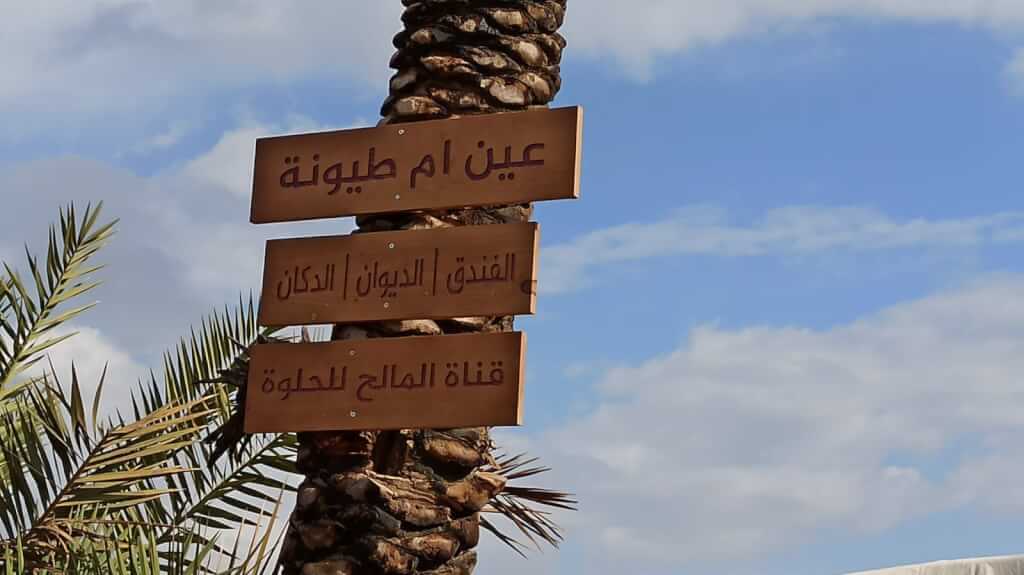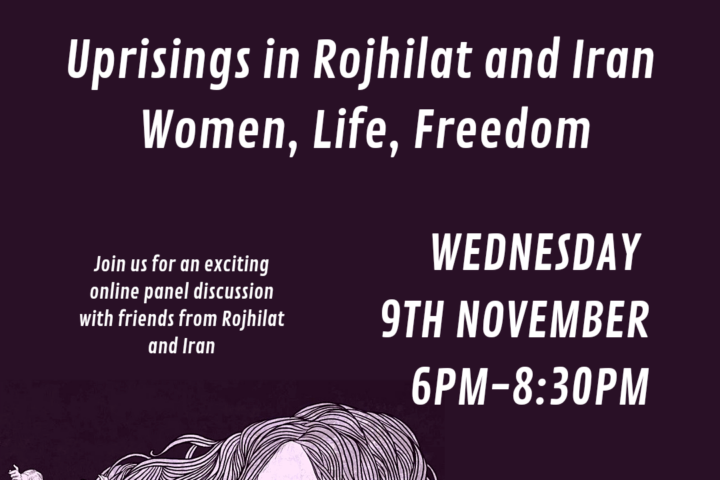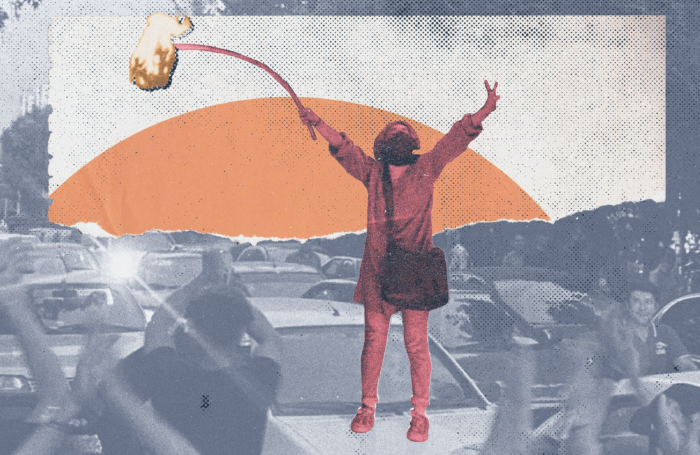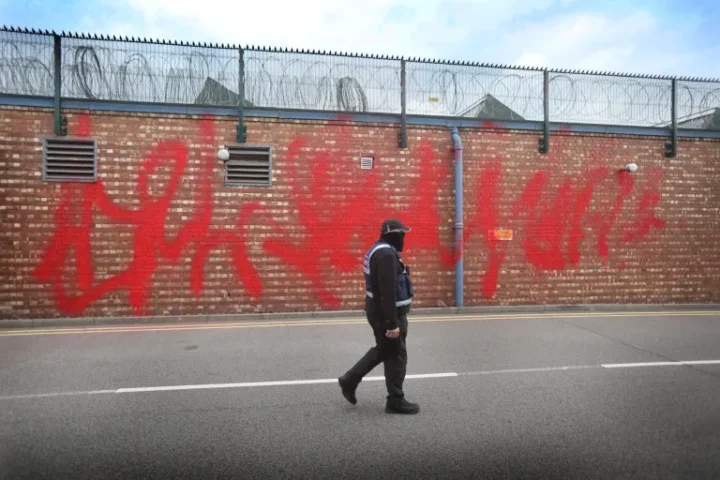“When they cause us trouble it makes us stronger. They will never stop us.”
Wadi Al Maleh, in the north of the Jordan Valley is rich in history, plant life and natural resources. Back as far as the Ottoman times it was a beautiful tourist resort with natural hot springs, palm trees and an historic hotel. But that all changed when the West Bank was occupied by Israel. Today, it is home to many Palestinian families who were denied the right to access clean water, electricity, cultivate their land or even build homes.
Jordan Valley Solidarity has been working with volunteers and the local community to establish a new way-marked walking trail along the valley to highlight the natural beauty of the area, the uniqueness of its wildlife, and the history of its Palestinian inhabitants.
The trail has been cleared and marked out ready for local people and visitors to use, and a map is available to show the route.
It will be accompanied by information about the plants that grow naturally in the area, their names, characteristics, and how they are used. There will be educational materials about local animals and wildlife. Volunteers have been collecting stories from local families, and this will be accompanied with arts and creative projects.

Plans are afoot for the official opening day on 21st November when it is expected that around 200 people from all over the West Bank will come to learn about the area. It will then be available as a local resource to be used for school visits so local children can learn about the area and teachers can share their knowledge.
On 16th November work started on the building of a small wooden-framed visitor centre with bamboo screens to shelter visitors from the weather.
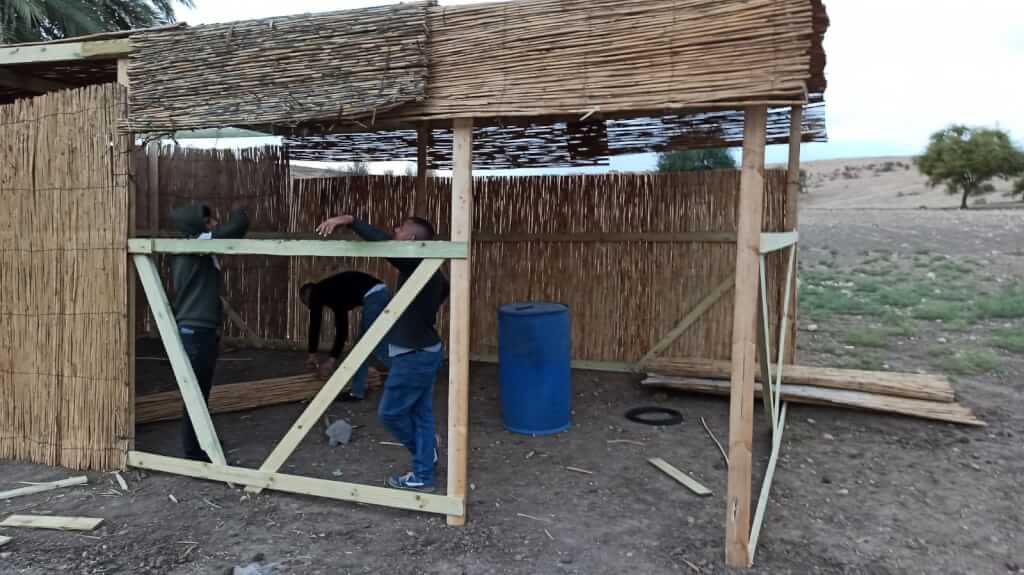
But, before the hiking trail is even opened, the occupation forces have tried to sabotage it. On 16th November they came to the area whilst volunteers were building a small wooden-framed hut for the visitor centre, detained them and demanded that they stop the building. They forced the coordinator of Jordan Valley Solidarity to drive his car to a nearby military base, where they confiscated the car and ordered him to attend Huwwara military base the following day.
This is not only an attack on the right of Palestinians to conserve, protect and showcase their history, flora and fauna, it is also an attack on their right to network and bring Palestinian communities together. With the occupation having absolute control over the Jordan Valley, there is no public transport for Palestinians. Without a vehicle Jordan Valley Solidarity cannot bring together and support the many local communities it works with throughout the whole area. Experience from when other vehicles have been seized from Palestinians indicates that the car is likely to be kept by the occupation forces for at least 1 -2 months. If they do return it they are likely to enforce conditions. In the Jordan Valley they often force vehicle owners to sign an agreement that they won’t use their vehicle in the Jordan Valley – the place where they live and work.
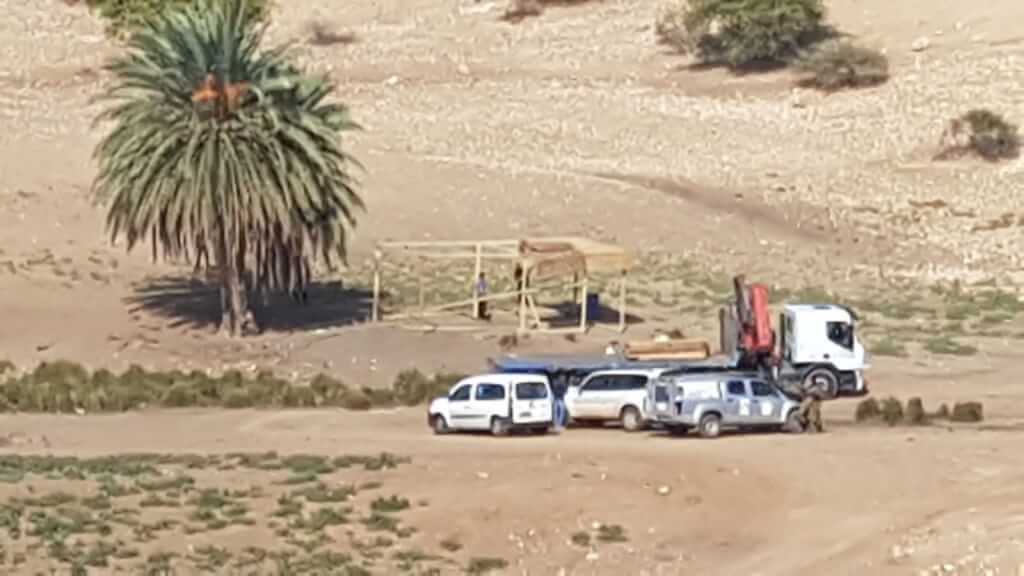
The next day, 17th November, the occupation army arrived early in the morning and destroyed the visitor centre taking way all the materials that had been used to build it. They had given no warning that they would do this and had issued no formal paperwork or demolition order.
Rashid, coordinator of Jordan Valley Solidarity said: “When they cause us trouble it makes us stronger. They will never stop us. We will continue doing what we do.”

